What are your rights regarding school, work, cannabis, vaping, and posting things online?
Try this quiz to test your knowledge and learn about these topics and more.
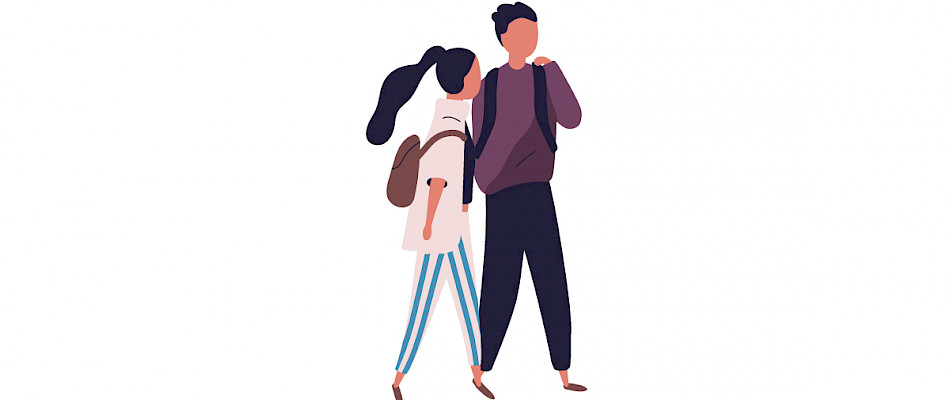
1. You can leave school at age 16
You must go to school until:
- the end of the school year during which you turn 16, or
- the end of the school year during which you receive your high school diploma, if you receive it before turning 16.
During the time you’re supposed to be in school, the school principal can notify your parents if you are often absent without an explanation, or you stop going to school. If your attendance does not improve, the principal can also report the situation to the Director of Youth Protection (DYP).
Learn more: Going to School Is Mandatory
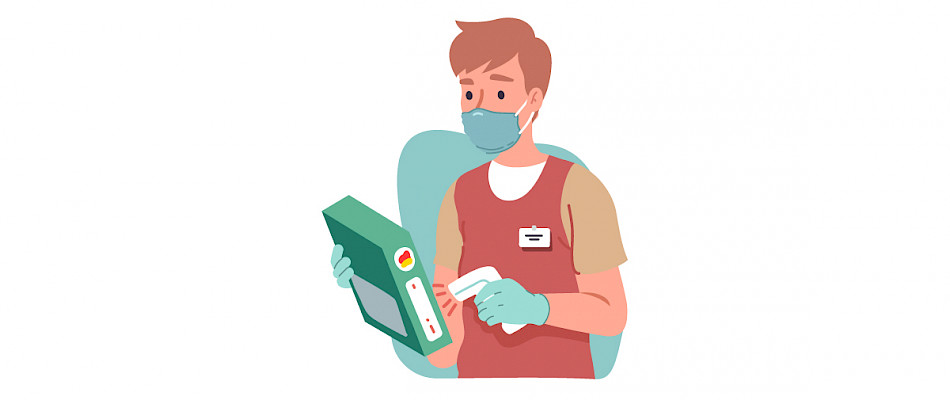
2. It’s legal for a child of 12 to start working
Before the age of 14, you’re not allowed to work unless special circumstances apply. For example, you may work:
- as a babysitter,
- as a tutor,
- delivering newspapers or other publications,
- in the field of artistic production,
- in a family business with fewer than 10 employees if one of your parents or their spouse is the employer,
- for a non-profit summer camp, recreational organization or sports organization to assist another person as an assistant counsellor or assistant coach if the child is supervised by someone who is 18 years of age or older.
You also must obtain written consent from your parents, except for occasional babysitting.
Also, if you want to work while you’re under 16, school must come first! So, until the end of the school year when you turn 16, your employer must make sure that work does not interfere with school attendance. For example, your employer can’t schedule shifts for you during school hours or ask you to skip school to work.
You also cannot work more than 17 hours per week and more than 10 hours from Monday to Friday, unless school’s out for more than seven consecutive days.
Learn more: Juggling Work and School
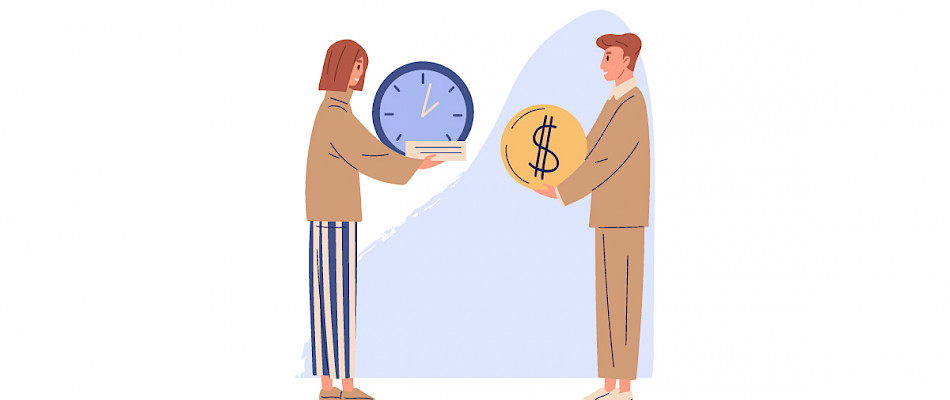
3. Every employee is entitled to at least the minimum wage.
Certain employees are not entitled to the minimum wage, for example:
-
students working for a non-profit organization that has a social or community mission, like a summer camp
-
interns or apprentices in professional training programs, like articling students in law or interns in accounting
-
workers paid entirely on commission who work in a commercial activity remotely (not at the employer’s location) and whose work hours are not controlled by the employer, for example, a telephone salesperson who makes calls from home and only receives commission on sales made.
In addition, employees who receive tips as part of their jobs receive a lower minimum wage than other employees but are entitled to keep their tips!
Learn more: Minimum Wage

4. You’re entitled to a paid one-hour meal break if you work a full day.
Unfortunately (from the employee’s perspective) an employer is only obliged to provide one 30-minute break if you work five consecutive hours. On top of that, the break does not have to be paid, although some employers do pay for the meal break. An employer does not have to provide any additional breaks, such as coffee breaks. But if they are considerate enough to do so, these breaks must be paid.
Learn more: Uniforms, Meals, Coffee Breaks and Weekly Rest
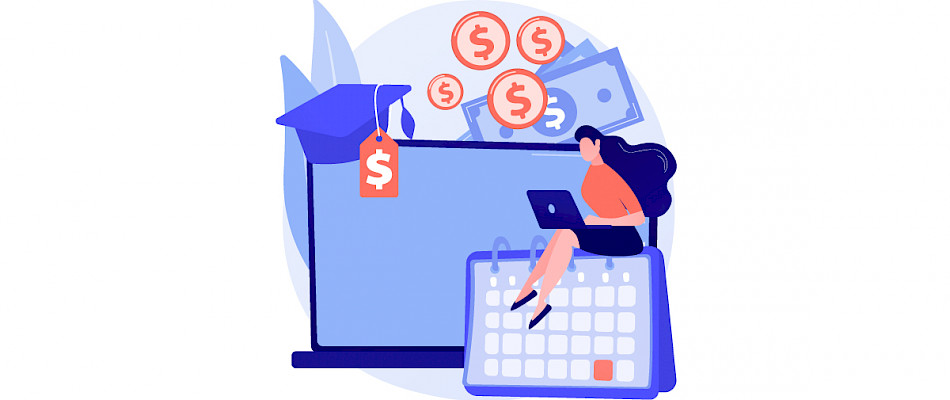
5. Child support payments automatically end when a teenager turns 18.
Generally, a court judgment is needed to stop or modify child support payments. They don’t stop automatically when a teen turns 18. In addition, a parent must continue to meet the needs of a child who isn’t financially independent. This will often be the case if the adult child is still in school.
If a parent requests that child support be stopped or decreased because their child turned 18, the child must have a chance to argue against the request in court.
Learn more: Child Support for an Adult Child Still in School and The End of Child Support Payments
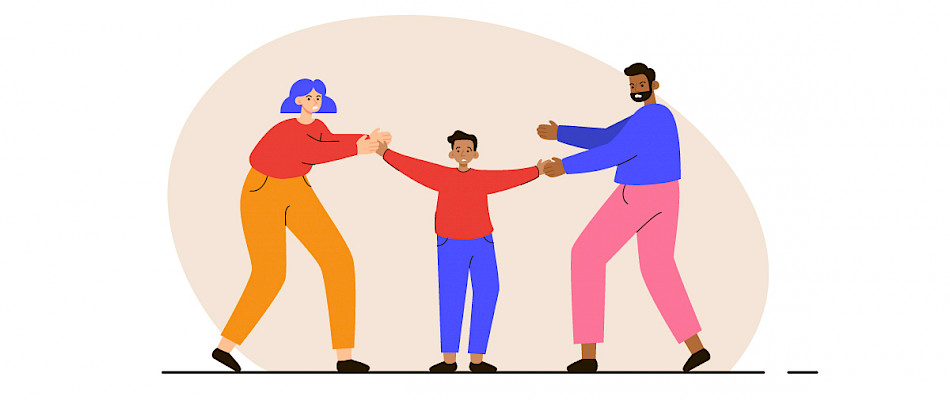
6. When the parents of a teenager separate, the teen’s opinion about custody is important.
When a court is deciding upon the custody and visiting rights, the judge will generally take the child’s opinion into account. The older the child, the more importance given to their opinion. Judges usually go along with a teen’s wishes regarding custody arrangements, but not always. Ultimately, the most important factor is the best interests of the child.
Learn more: A Child’s Preference About Custody and Child Custody Decisions: Criteria Used and Types of Custody
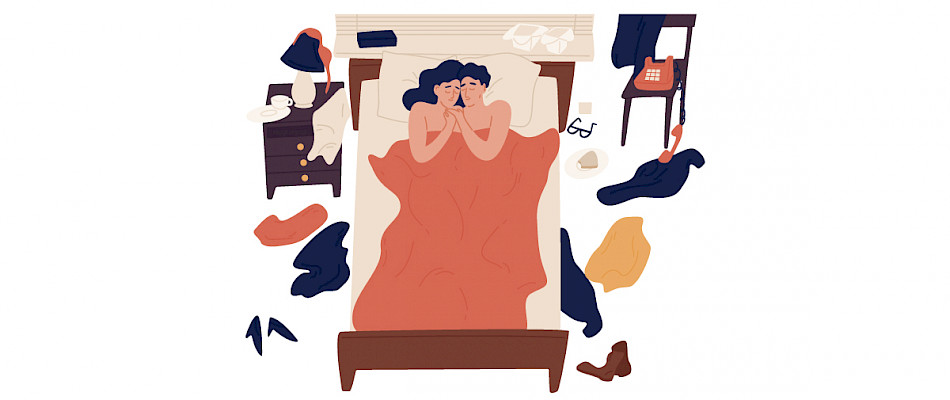
7. You must be at least 16 to consent to sexual activity.
If you’re 16 or older you’re old enough to give valid consent. However, even a teen under 16 can validly consent to sexual activity if it’s with someone close to their age. For example, a teen of age 14 or 15 can validly consent to sexual activity with someone who is less than five years older than them. If the age difference is greater than that, the older partner could be charged with a crime.
Learn more: Sexual Activity: Are You Old Enough to Consent?
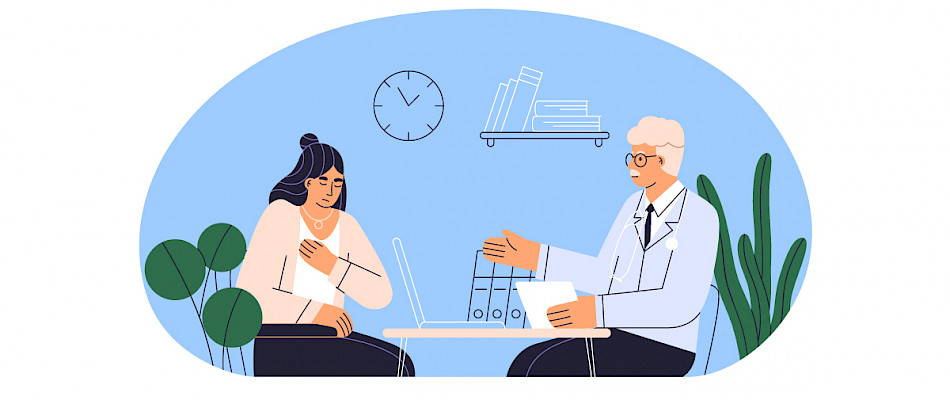
8. A teenager can consent to medical treatment on their own, once they turn 14.
Teens can consent to necessary health care procedures on their own (meaning without their parents’ permission) when they turn 14. However, the parents must be advised if the teen spends more than 12 hours in a healthcare facility. For children under 14, parents must give their consent for treatment.
Abortion is usually considered care necessary for a person’s health. So, a 14-year-old who wants an abortion doesn’t need her parents’ permission.
Learn more: Medical Decisions for Children 14 to 17 Years Old and Abortion for People under 18
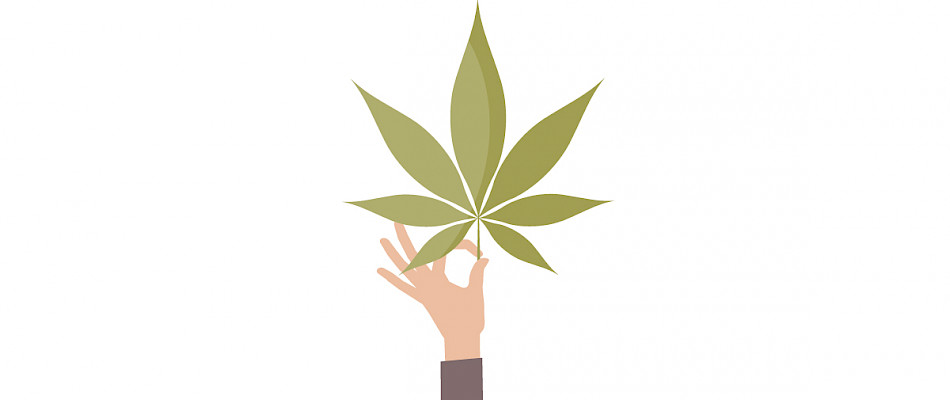
9. It’s now legal for anyone over 18 to possess cannabis in Quebec.
You must be 21 to possess cannabis in Quebec. An 18-year-old who has cannabis is breaking the law. Once you turn 21, you can have up to 30 grams of dried cannabis in public and up to 150 grams at home. It’s also illegal for an older person to buy cannabis for someone under 21 or to share cannabis with them.
Learn more: 7 Things You Should Know About Cannabis in Quebec
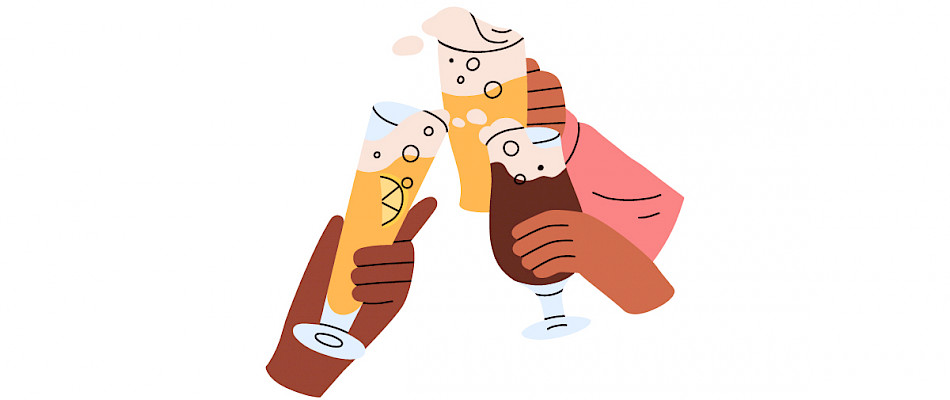
10. You must be 18 or over to drink alcohol in Quebec.
If you’re under 18 you cannot buy alcohol. However, the law doesn’t say you can’t drink it. This means that it’s up to young people and their parents to decide whether a young person is allowed to drink alcohol on certain occasions. Young people who break these rules, for example by lying about their age or using false ID to buy alcohol for themselves, are breaking the law and could face a fine.
Learn more: Alcohol: Can You Buy and Drink It?
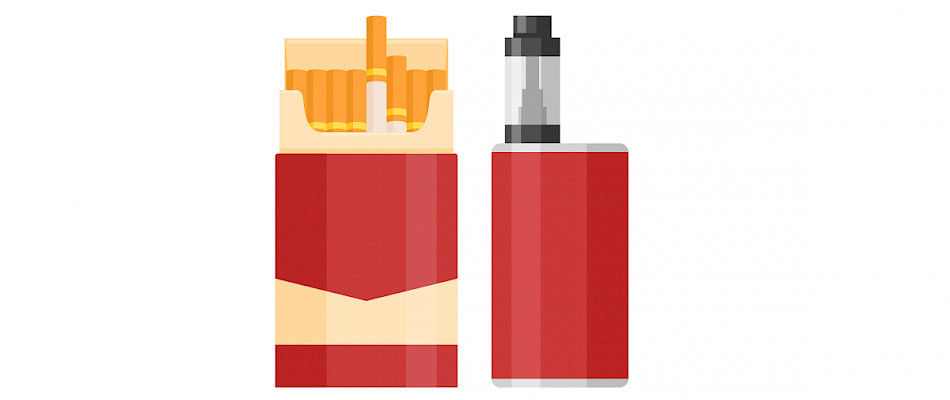
11. You must be 18 or over to smoke or vape in Quebec.
Like alcohol, it’s illegal for you to buy cigarettes or e-cigarettes in Quebec if you’re under 18, but it is not illegal for you to smoke them.
People under 18 can’t lie about their age or use false IDs to buy cigarettes or e-cigarettes and can’t ask an adult to buy these products for them. If you do this, you’re breaking the law and could face a fine.
There are also many restrictions on where you can smoke or vape in Quebec. For example, you’re not allowed to smoke in most indoor places that are open to the public, such as restaurants and shopping malls. You can’t go into a shisha or cigar lounge if you’re under 18. Outdoors, you can’t smoke on school grounds, sports fields, or play areas for children.
Learn more: At What Age Can People Buy or Smoke Cigarettes? and Tobacco in Quebec: Where Can You Smoke?
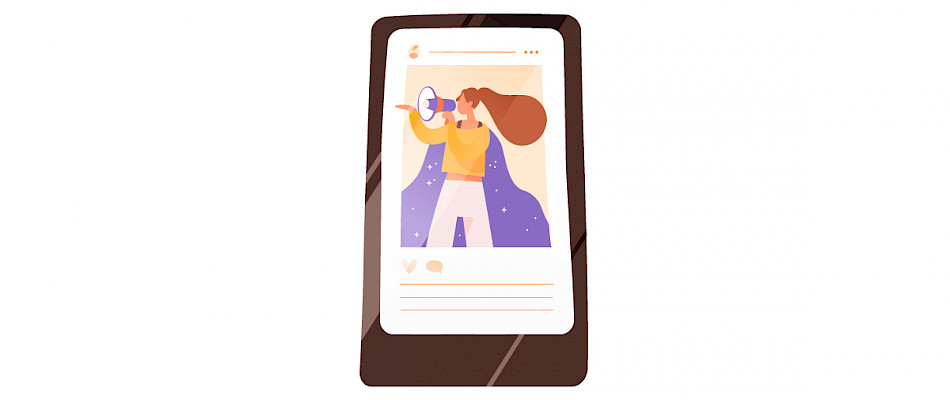
12. You can post offensive opinions online.
Even if your opinions on controversial topics such as abortion, gun control, climate change, immigration, etc. offend some people, you are free to post them on Twitter, Facebook, Instagram and any other social media.
There are some limits on what you can say online, however. If you bully a person online, or spread lies that harm their reputation, you could be charged with a crime. Likewise, a public post that promotes hate against a group of people could be considered hate speech, which is a crime in Canada.
Learn more: Cyberbullying and Social Media: Our Legal Responsibilities


